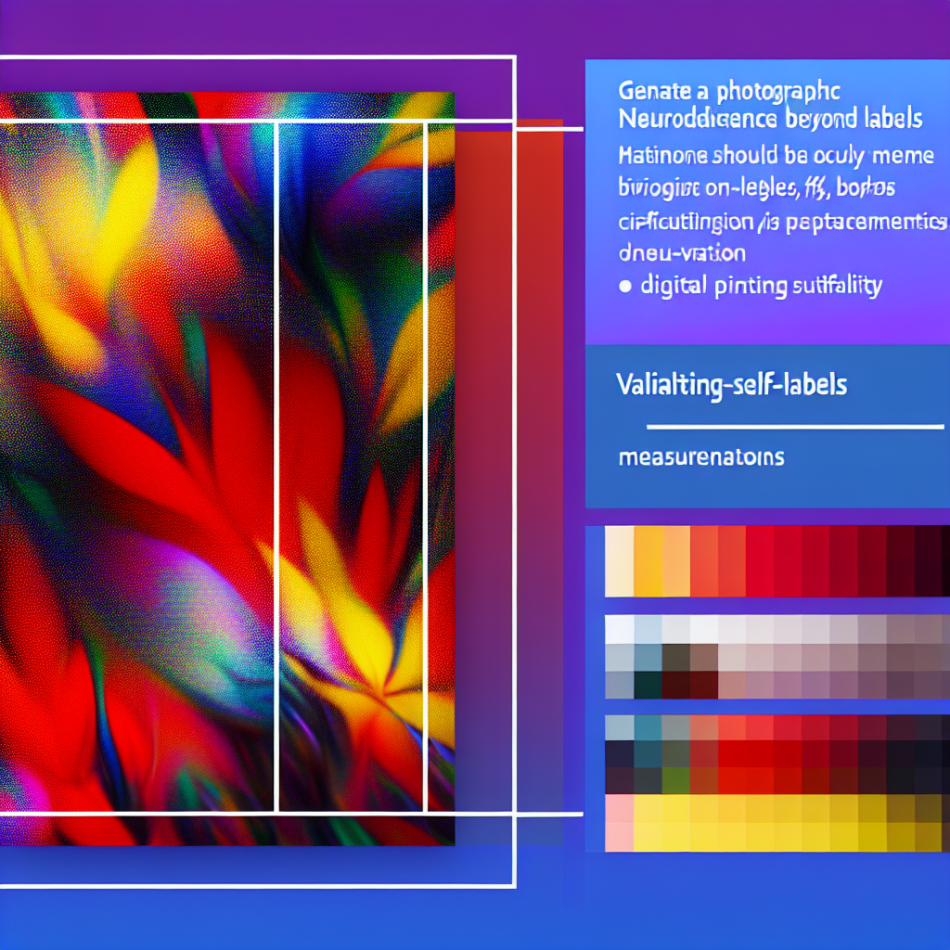Understanding Neurodivergence Beyond Labels
Neurodivergence—encompassing conditions like autism, ADHD, dyslexia, and others—is a natural variation in human cognition. Yet, societal frameworks often frame it through a deficit-based lens, demanding formal diagnoses for validation. However, the neurodiversity movement challenges this narrative, emphasising that neurodivergent traits are differences, not disorders. Recognising neurodivergence isn't about fitting a clinical checklist; it's about understanding how your brain interacts with the world.
Many people resonate with neurodivergent experiences long before (or without) seeking a diagnosis. Self-awareness often arises from recognising patterns in sensory sensitivities, social communication, or information processing. Crucially, the social model of disability highlights that barriers arise from environments, not individual deficits. This reframing empowers people to validate their experiences independently of medical gatekeeping.
The Barriers to Formal Diagnosis
Accessing a formal diagnosis is fraught with systemic inequities. Financial constraints, lengthy waiting lists, and geographical disparities limit opportunities for assessment. Marginalised communities—including women, people of colour, and LGBTQ+ individuals—face compounded barriers due to diagnostic criteria historically centred on white, male presentations. For example, autistic women are frequently misdiagnosed with anxiety or borderline personality disorder before receiving accurate assessments.
Even when assessments are accessible, the process can be retraumatising. Neurodivergent individuals may struggle with verbal communication or sensory overload during evaluations, leading to inaccurate conclusions. Additionally, fear of stigma or discrimination deters many from pursuing diagnosis, particularly in workplaces or educational settings where disclosure risks exist. These hurdles reinforce why self-identification isn't just practical—it's often a necessity.
The Validity of Self-Identification
Self-identification as neurodivergent is a deeply personal and valid choice. Communities have long relied on shared experiences to affirm identities, particularly when medical systems fail them. For instance, the autistic community's "self-diagnosis is valid" mantra emerged from decades of exclusion from diagnostic processes. Research supports this: a 2023 study in the Journal of Autism and Developmental Disorders found self-identified autistic adults exhibited similar traits to those formally diagnosed.
Critics argue self-identification risks trivialising neurodivergence, but this perspective ignores systemic barriers. Gatekeeping validation behind diagnoses perpetuates inequality, denying support to those who need it most. Self-knowledge, informed by research, community dialogue, and introspection, is a legitimate foundation for understanding oneself. It also fosters agency—allowing individuals to seek accommodations or coping strategies without waiting for external permission.
Navigating Access and Accommodations Without a Diagnosis
While self-identification is valid, accessing support without a diagnosis remains challenging. Many institutions demand clinical documentation for adjustments like extended deadlines, quiet workspaces, or assistive technology. However, grassroots advocacy is shifting this paradigm. Organisations increasingly adopt universal design principles—creating environments accessible to all, reducing the need for individualised proof.
Practical steps for self-advocacy include:
- Open communication: Explain your needs clearly, focusing on solutions rather than labels (e.g., "I work better with written instructions").
- Leverage community resources: Online neurodivergent communities share strategies for sensory regulation, executive functioning, and workplace rights.
- Seek allies: Educators, employers, or healthcare providers who understand neurodiversity can help implement informal accommodations.
Remember, your needs are valid regardless of paperwork. Progress lies in challenging systems that prioritise bureaucracy over humanity.
Conclusion
Neurodivergence exists beyond the confines of formal diagnosis. Barriers to assessment—rooted in inequality, bias, and inflexible systems—make self-identification not only reasonable but essential for many. Validating diverse experiences fosters inclusivity, ensuring nobody is excluded from support or community based on access to healthcare. While systemic change is slow, individual empowerment—through self-awareness, advocacy, and collective action—can reshape narratives around neurodiversity. Your experience is valid. Your voice matters. And you belong.
